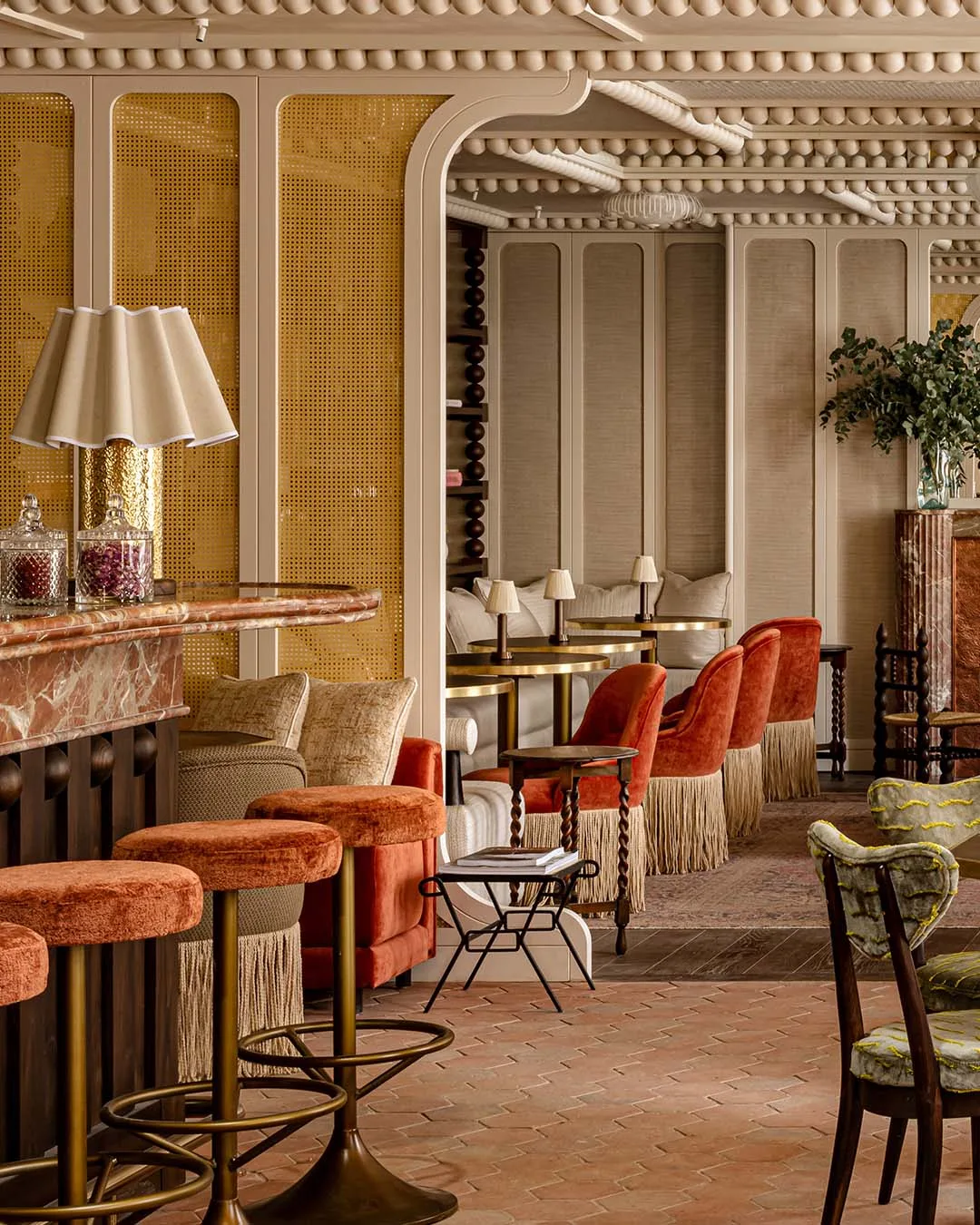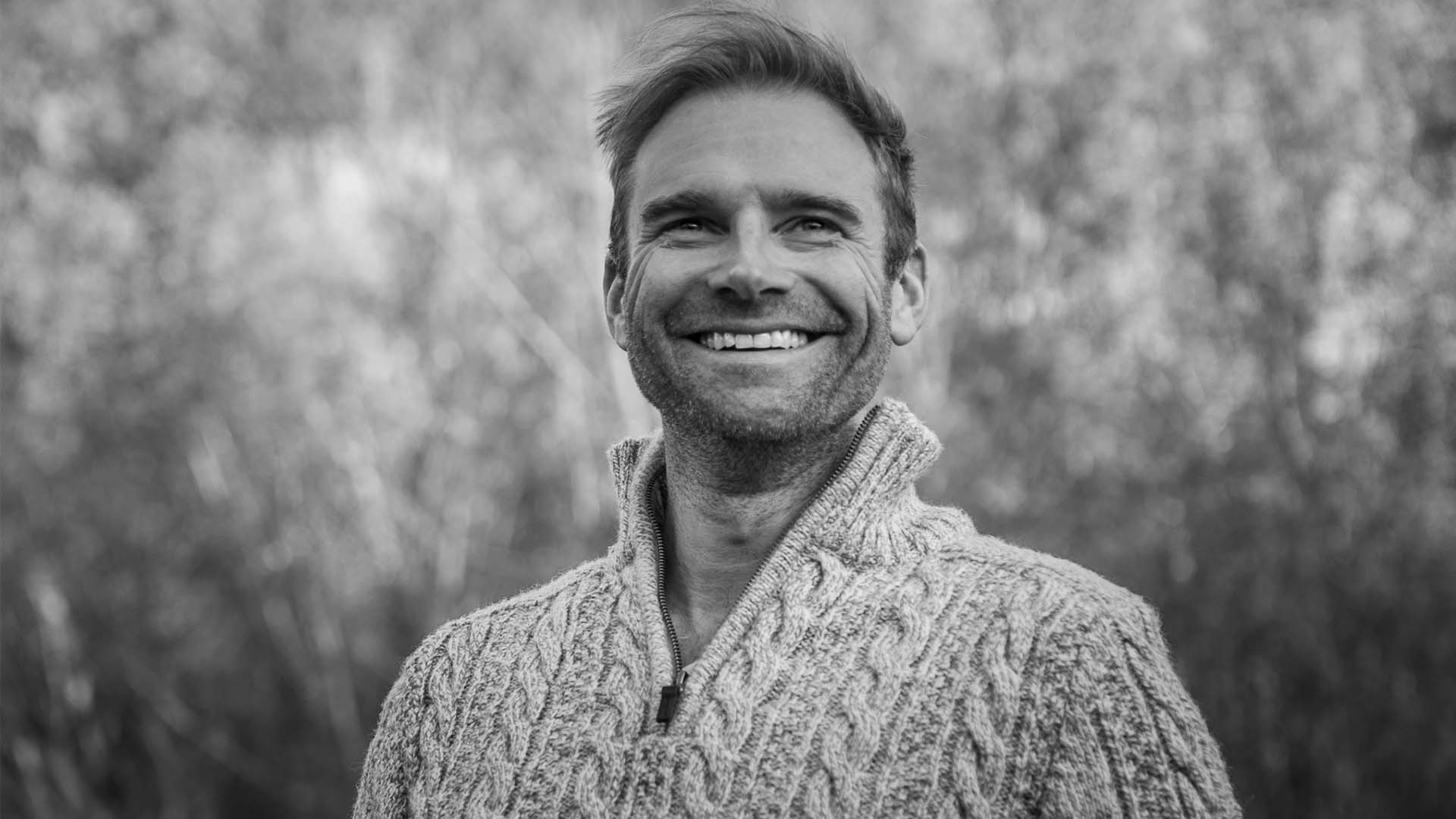
A modern take on an old Nordic tradition of timber transportation, uber-cool newcomer Arctic Bath floats and freezes on the Lule River from one season to the next beneath the Northern Lights and midnight sun. Instilling every guest experience with the spirit of the small Swedish Lapland community and a respect for its natural landscape, Maarten Raes and local co-owners are setting fresh standards of slow travel.
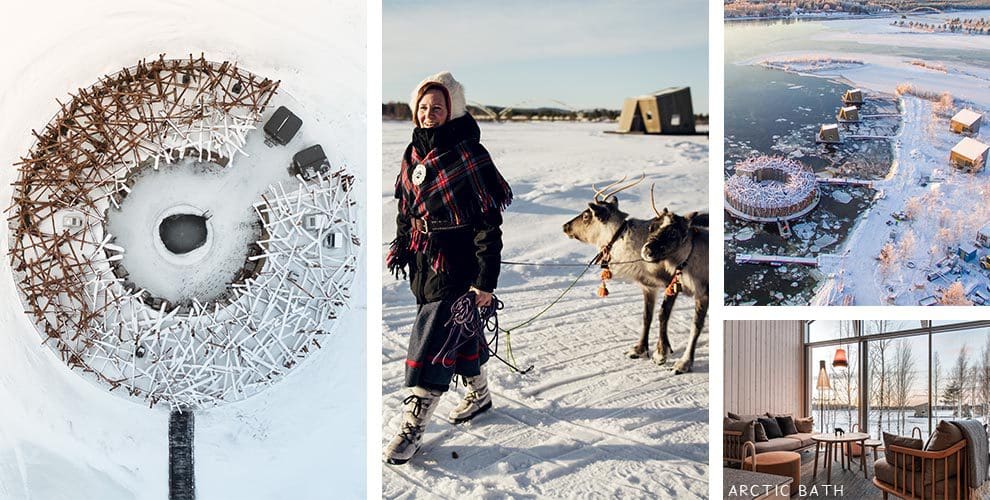
Reminiscent of a Viking boat house, though with all the comforts of a contemporary Scandinavian cabin, Arctic Bath centres around a ringed, floating spa and restaurant, with twelve sustainably constructed, glass-fronted lodges hovering above land and water and inspired by the surrounding forest. An immersion in the elements, from the open-air cold bath and authentic Arctic Circle menu, to forest bathing, moose safari, wilderness and wildlife photography, and husky sledding, adventure awaits every guest at this ground-breaking wellness retreat.
What does being ‘Independently Minded’ as an hotel owner mean to you?
Arctic Bath is a hotel founded by local citizens from Harads, a very small community with around 500 inhabitants in Norbotten, a province in Swedish Lapland. This does not really connect with being part of a big hotel chain. We can welcome and accommodate our clients as we wish, with a familiar atmosphere, with a local sense and with a flexible touch. I started my career by founding NORDIC, Belgium’s leading tour operator for Scandinavia. All the profit we earned in the past has been reinvested either in the NORDIC company, or in accommodation like Arctic Bath. I was invited to become a partner at Arctic Bath by Kent Lindvall, owner of Treehotel, a world famous hotel located a few steps away from Arctic Bath. I knew Kent as someone following his passion, which is how I see myself. I often don’t look at figures and financials, rather at passion, ideas and differentiation.
What was the inspiration behind the hotel, and where do you continue to find sources of inspiration?
The idea of a floating sauna first came to Harads resident Per-Anders Eriksson during the opening of Treehotel in 2010. At first, the vision was a glass cube on a raft. Bertil Hagström, who designed Treehotel’s The Bird’s Nest, took over the idea and designed Arctic Bath’s floating, circular building with Johan Kauppi in 2013.
Located just south of the Arctic Circle, this natural spa retreat is a reminder of the importance of forests for the entire country’s development. The architecture seamlessly integrates with the surrounding nature and is more particularly influenced by the timber floating era. For a long time, Lule River and its tributaries served as transportation routes for timber, an old tradition in the North. The construction of our circular main building, which floats on Lule River, imitates logs getting jammed in rapids, something that wasn’t too uncommon for those transporting timber.
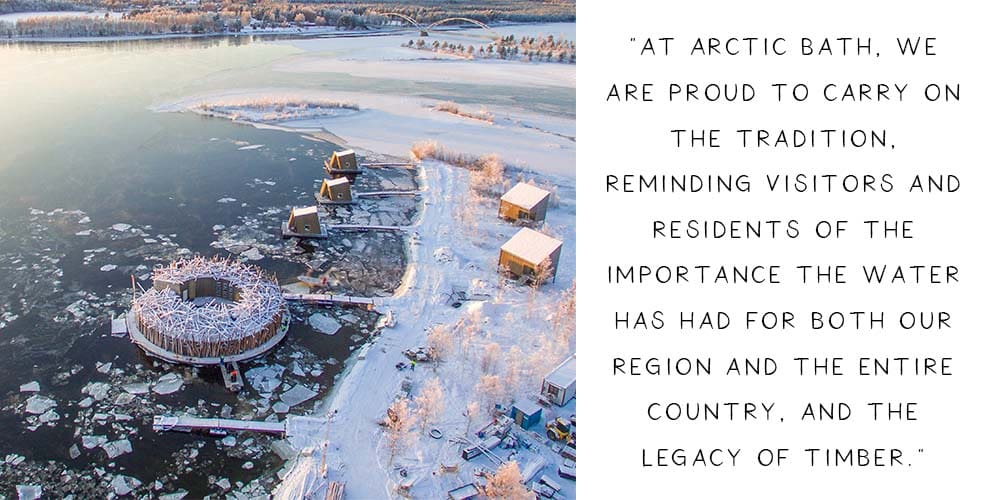
In Norrbotten, we have cultivated the earth for 300 generations, with fishing, hunting and trading as important complements to village life. Findings along Lule River suggest settlements dating back to the Stone Age. For the past couple of hundred years, the region has gone through a large structural change. But while some enthusiastic entrepreneurs succeeded in moving parts of the region into the modern age, many were left completely behind.
However, it led to work opportunities for the people living along the rivers, with many going into forestry, sawmilling and rafting. The water, rich in salmon, was for a long time the people’s road. A frozen pathway in winter, and in summer rafts and boats were used to transport people and goods, a need which increased by the mid-1800s. Docks were built along the river, and competing companies soon filled the river and tributaries with vessels. Even the residents ran traffic along the water. But as the automobile industry slowly started taking over transportation of goods and travellers, organised boat trips across Lule River ended by 1924.
But as we started to favour travelling by road, the water was still used for transporting timber and tar barrels up until the 1960s, contributing financially to the resident population for a couple of weeks during spring. Lule River is still considered Sweden’s most profitable river, but not much is left of the Golden Age of timber transport. Of industrialisation in Norrbotten, we find mere traces. At Arctic Bath, we are proud to carry on the tradition, reminding visitors and residents of the importance the water has had for both our region and the entire country, and the legacy of timber.
How do you think your hotel stands apart from other boutique hotels?
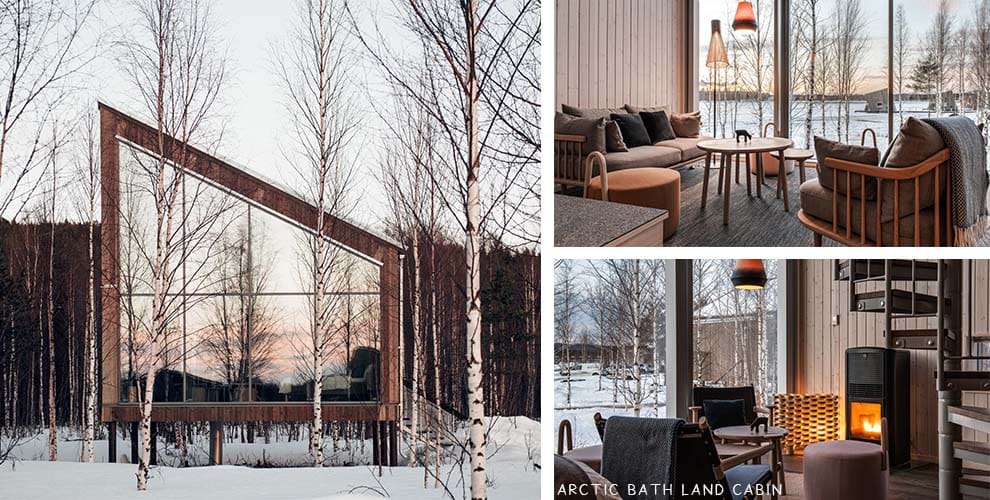
At Arctic Bath, each room has been thoughtfully designed with a high level of comfort and luxury in mind, while in keeping with our overall wellness focus. Even though you will lay your head indoors at night, we have incorporated the surrounding nature into our cabins and suites. Natural, sustainable materials with a rich history such as wood, stone, leather and luxurious textiles harmonise together with Scandinavian design. It is your perfect hideaway under the Northern skies.
If you only had 24 hours to get a taste for your hotel experience, what would you recommend a guest must do?
We have two types of rooms: if you prefer a lot of space and luxury, try our land suites. If you want a special experience, then stay in a floating room during the summer or a room frozen into Luleä River in the winter. No matter which season you visit Arctic Bath, there is always something unique to experience – dogsledding in winter, a Northern Light excursion, or enjoy the midnight sun from your terrace. Or just simply try the spa in our floating main building and take a dip in our cold bath afterwards under the starry sky.
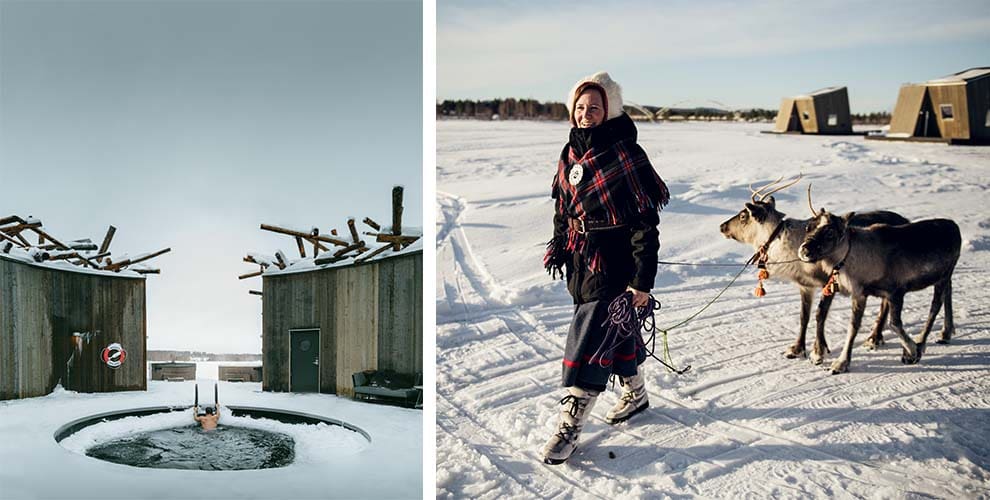
How would you describe your own perfect luxury experience?
A luxury experience in my opinion is not someone who drives my car to a parking lot, is not someone who brings my luggage to my room, is not the typical five-star hotel experience. Luxury for me is being welcomed by a real smile and local people that talk to me. Luxury is feeling safe and cosy in a wonderful place surrounded by beautiful nature. Luxury is feeling that I am not number 153 out of 1,000 but leaving a place with the feeling, “this was real”.
Do you have a vision for the future of the hotel?
We are dealing with sustainability all the time. The fact that most of the owners of Arctic Bath are from the local village and connecting the local society is one example of our sustainable way forward. Come to Arctic Bath and enjoy slow travelling. Don’t travel the way you want to see “as much as possible” in a short period. It is much better to stay longer at our place, enjoy one of our excursions and discover the natural beauty of our surroundings.

Share this article
Latest stories
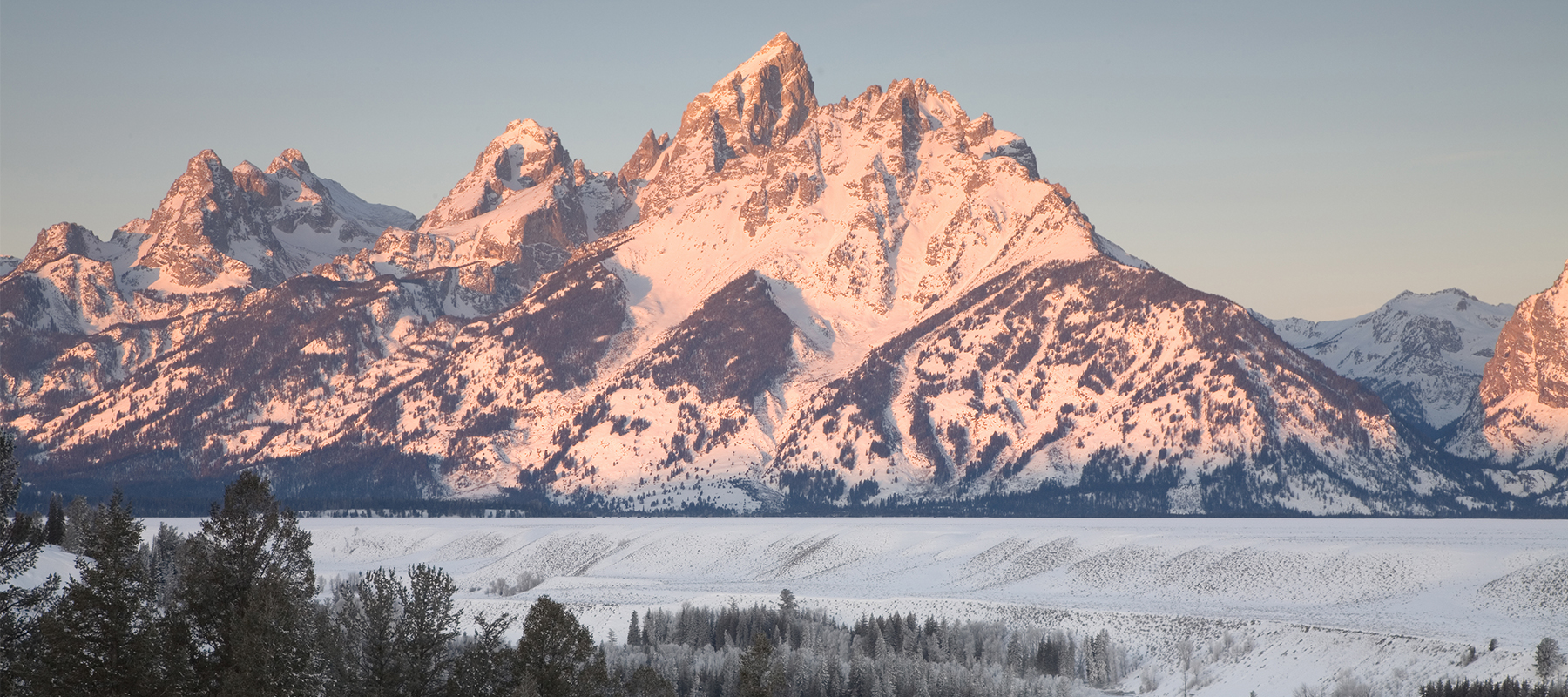
A beloved Jackson Hole lodge reopens for ski season: plus, US mountain hotel top picks
With ski season reaching its peak, discover a revived haven of lofty luxury within the majestic mountain ranges of Teton County, western Wyoming, as a rustic mountain retreat begins a new chapter. The scent of freshly baked cookies still lingers. So does the feeling of being warmly welcomed into someone’s
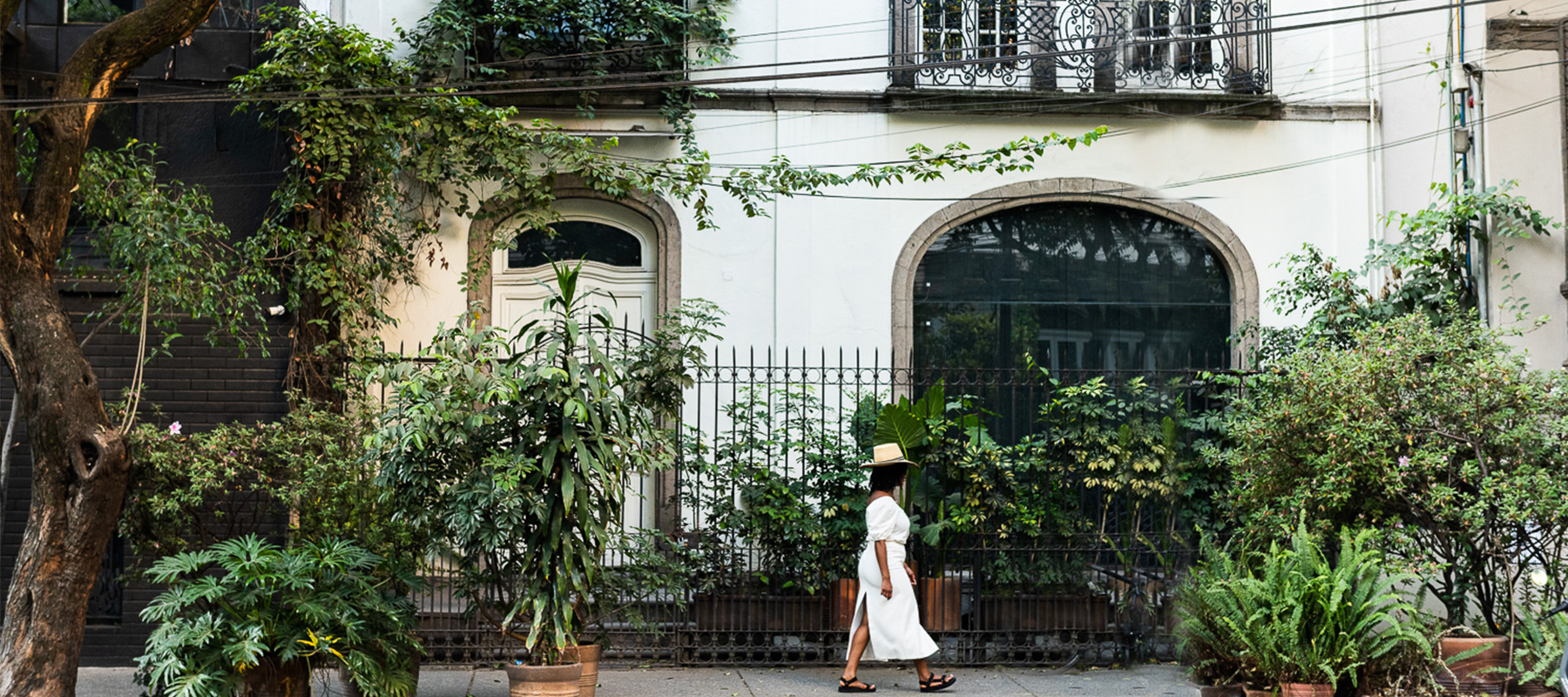
A pocket guide to Roma Norte: Mexico City’s most creative district
Full of characterful, colourful neighbourhoods where culture and cuisine thrive, Mexico City is a magnet for creatives to reside and visit. Condesa remains the go-to for Art Deco architecture and buzzy brunch spots. The bohemian enclave of Coyoacán has long been a refuge for artists. Burgeoning Juárez brings in a
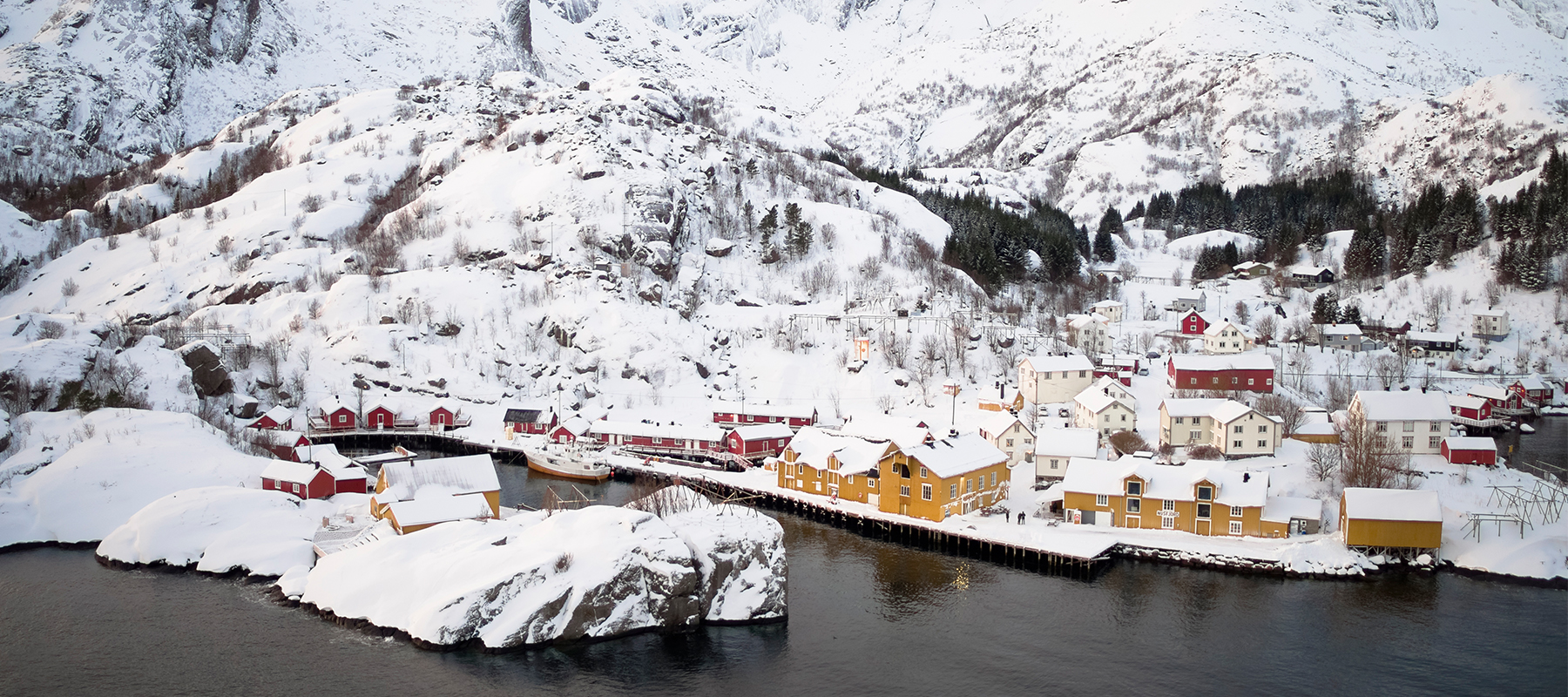
Northern delights: a ‘coolcation’ itinerary across Norway & Iceland
As the train begins its slow, corkscrewing descent into Norway’s Flåm Valley, snow is softening mountain peaks into meringue-like folds. Outside the window, waterfalls freeze mid-cascade, as forests stand still under crystal light. The Flåm Railway — a staggering feat of engineering — feels like a portal into another season,
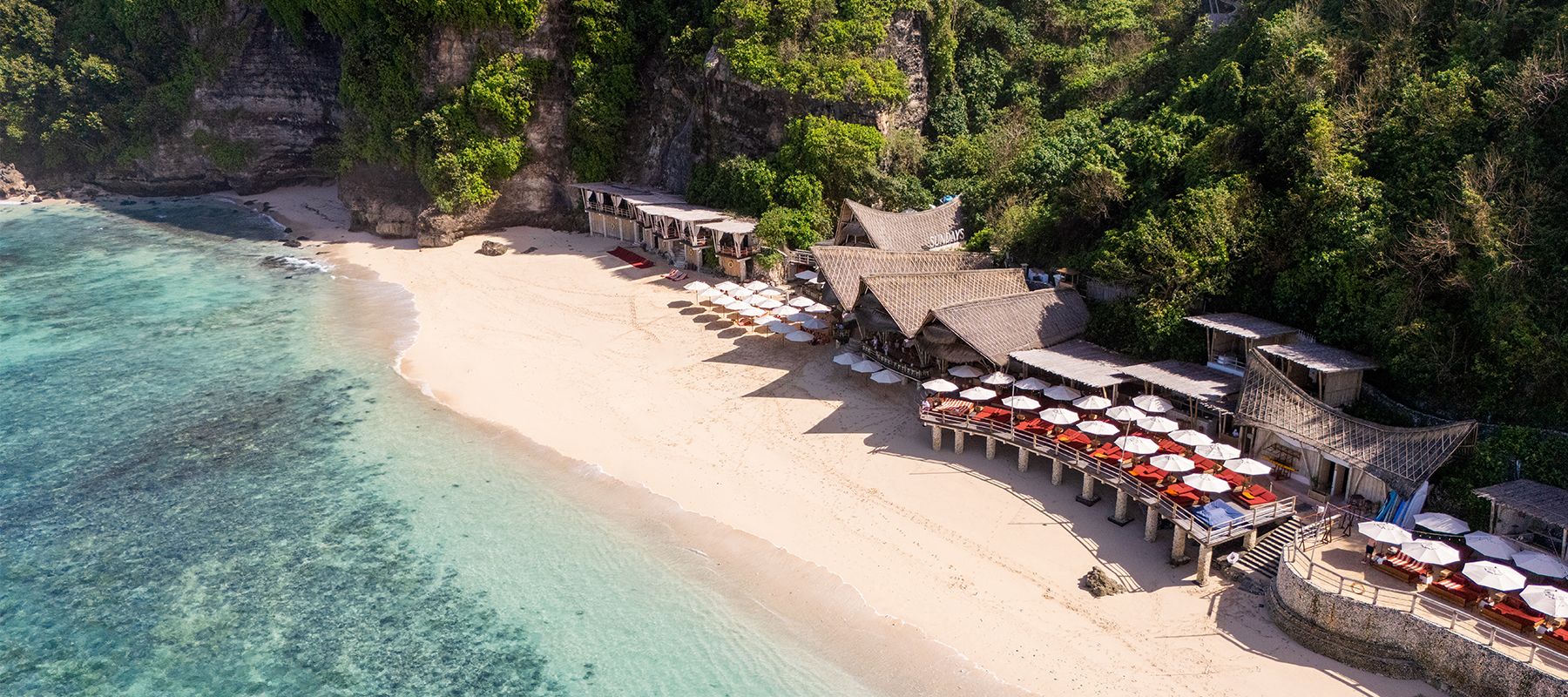
Snowy Lapland lodges to Balinese spa retreats: top boutique hotels for February
February invites a different kind of travel thinking. The urgency of new beginnings has softened, replaced by a desire to move well toward places feel tuned to their setting. This month’s selection spans extremes and in-betweens: Arctic forests and Balinese cliffs, historic towns in southern Europe, and quietly evolving cities.

